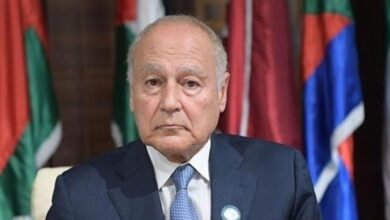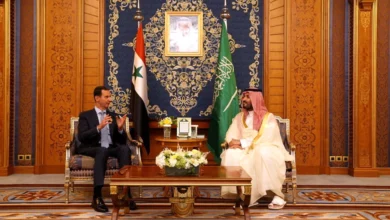Although the presidential election is fair, it is not living up to the 25 January revolution that impressed the world early last year, the Arab League secretary general told London-based Asharq Al-Awsat newspaper.
“As an Egyptian citizen I am in a state of sadness because I did not expect the great revolution, which the whole world talked about, to end up with two uncomfortable options: either a theocratic state or an improved copy of the former regime,” said Nabil al-Araby, referring to first-round victors Mohamed Morsy and Ahmed Shafiq. Araby was himself once expected to run for president.
The runoff is scheduled for 16 and 17 June amid a charged atmosphere. Revolutionaries who reject both Islamists and remnants of former President Hosni Mubarak's regime are protesting against the Muslim Brotherhood's Morsy and former Prime Minister Ahmed Shafiq.
Though the Brotherhood took part in the 18-day uprising against Mubarak early last year, it has been increasingly subject to criticism from revolutionaries since its Freedom and Justice Party gained power in Parliament.
Revolutionary forces accuse Shafiq, who was prime minister at the time, of responsibility for the so-called "Battle of Camel," during which armed men on horses and camels attacked protesters in Tahrir Square on 2 February 2011. Protests forced Shafiq to resign from his position the next month.
“Most people consider the results of the election to be very bad, and the only thing that represents a glimmer of hope is that the hands of the clock cannot go back,” Araby said, referring to a potential return to Mubarak’s rule.
"Egypt lacks good governance," he told the newspaper, saying that the 13 presidential candidates only made promises during their campaigns and did not talk about how they would implement their pledges.




